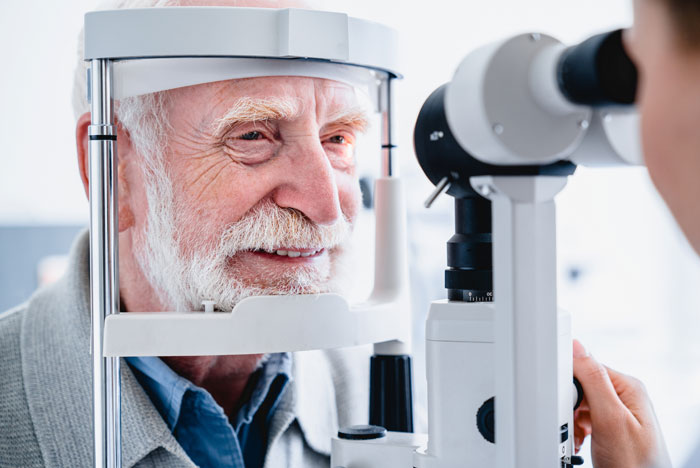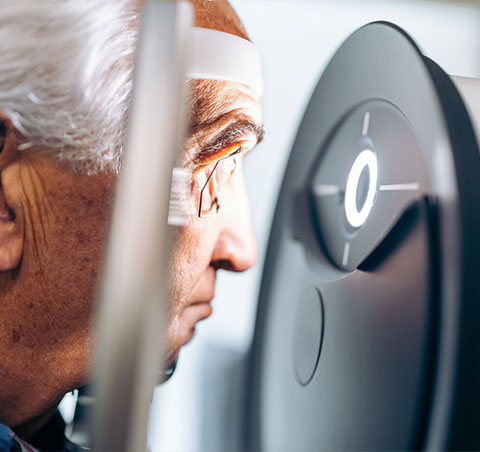Vision Awareness Month: Protecting Your Sight Starts with Prevention
At Buffalo Ophthalmology, our mission is to help patients protect their vision long before problems develop. This month, we’re reminding everyone that prevention, early detection, and consistent eye care are the foundation of lifelong healthy sight.
Why Routine Eye Exams Matter
Even if you see clearly, routine eye exams are one of the most effective tools for maintaining long-term vision. Eye health is about more than sharpness—it’s about the overall function and structure of your eyes. Comprehensive exams allow ophthalmologists to catch early warning signs of disease, often before symptoms appear.
During a full exam, your doctor will:
- Measure eye pressure to check for glaucoma
- Examine the retina for early signs of diabetic retinopathy or macular degeneration
- Assess the clarity of your lens to detect cataracts
- Evaluate how your eyes work together and track prescription changes
The Hidden Risks of Skipping Eye Exams
Skipping your annual eye exam may seem harmless, but for many people, it means missing the early stages of a disease that could cause permanent damage later. Conditions like glaucoma are known as “silent thieves of sight” because they progress without pain or early symptoms. By the time vision changes occur, the damage is often already done.
Similarly, patients with diabetes may develop retinopathy long before experiencing any changes in sight. Regular eye exams not only help identify these problems but also allow your ophthalmologist to coordinate care with your other healthcare providers to protect both your eyes and overall health.

Common Eye Diseases That Affect Vision
As we age, our risk of eye disease naturally increases. The most common conditions include:
Cataracts
Clouding of the eye’s natural lens, which leads to blurred or hazy vision. Cataract surgery is safe and effective, restoring clear vision for most patients.
Glaucoma
A progressive disease that damages the optic nerve, often related to increased eye pressure. Early diagnosis and medication can preserve vision.
Macular Degeneration
Damage to the macula, the part of the retina responsible for central vision. Early detection and treatment help slow progression.
Diabetic Retinopathy
Caused by blood vessel damage in the retina due to uncontrolled blood sugar levels. Routine exams are vital for prevention and management.
Everyday Habits for Healthy Eyes
Eye care doesn’t stop at the doctor’s office. Small daily habits can make a big difference in protecting your sight.
- Eat a diet rich in omega-3s, lutein, and antioxidants
- Wear UV-protective sunglasses outdoors year-round
- Take regular breaks from screens using the 20-20-20 rule (every 20 minutes, look 20 feet away for 20 seconds)
- Keep chronic conditions like diabetes and hypertension well managed
- Avoid smoking, which increases the risk of macular degeneration and cataracts


Make This Vision Awareness Month Count
Vision Awareness Month is more than a calendar reminder—it’s an opportunity to take charge of your eye health. If it’s been more than a year since your last exam, make an appointment today.
At Buffalo Ophthalmology, our team uses advanced imaging, modern technology, and a personalized approach to detect changes early and protect your vision for years to come.
Your eyes deserve attention and care. This October, celebrate Vision Awareness Month by scheduling your comprehensive eye exam—because prevention is the clearest path to lasting vision.
"*" indicates required fields




